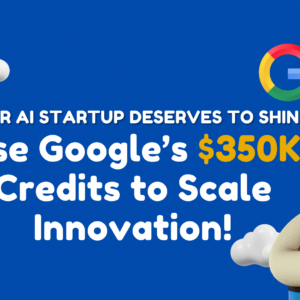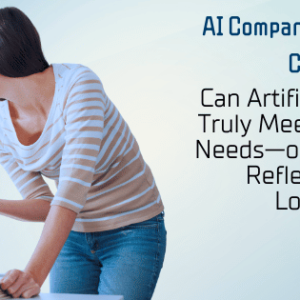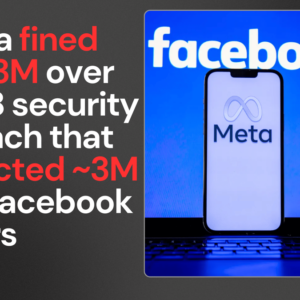Ever wondered why you see some ads when searching on Google and others while scrolling Instagram? Let’s dive in! Understanding the differences between search engine advertising and social media advertising can help you make better choices for your business or personal brand.
What is Search Engine Advertising?
Search engine advertising is a way for businesses to show ads on search engines like Google. The most common type of search engine advertising is called pay-per-click (PPC) ads. This means that businesses only pay when someone clicks on their ad.
How Does It Work?
When you search for something, like “best laptops,” Google shows you a list of results. At the top or bottom of this list, you might see ads. These ads are based on keyword targeting, which means businesses choose specific words or phrases that they think people will search for.
For example, if a company sells laptops, they might bid on keywords like “buy laptops online” or “best laptops 2024.” When someone types these words into Google, their ad could appear right at the top! This method is also known as intent-based advertising because it targets users who are actively looking for something specific.
What is Social Media Advertising?
Social media advertising is when businesses promote their products or services on platforms like Facebook, Instagram, Twitter, and TikTok. Unlike search engine ads, social media ads are shown to users based on their demographics, behavior, and interests.
How Does It Work?
When you’re scrolling through Instagram, you might come across an ad for a gadget you liked on another site! This happens because social media platforms collect a lot of information about their users. They know your age, where you live, what you like, and even what you often engage with online.
For example, if you frequently interact with posts about fitness, you might see ads for workout gear or healthy snacks. This targeted approach helps businesses reach the right audience more effectively.
Search Engine Ads vs. Social Media Ads: What’s the Difference?
Understanding the differences between search engine ads and social media ads can help you decide which one is best for your goals. Here’s a quick comparison:
| Feature | Search Engine Advertising | Social Media Advertising |
|---|---|---|
| Targeting | Based on user intent (keywords) | Based on demographics and interests |
| Cost | Pay-per-click (PPC) | Cost per impression or click |
| Ad Placement | Appears in search results | Appears in feeds or stories |
| User Behavior | Users are actively searching | Users are browsing and discovering |
| Engagement Level | Generally lower engagement | Higher engagement through likes/comments |
Key Differences Explained
- Targeting: Search engine ads focus on what users are actively looking for, while social media ads target users based on their profiles and interests.
- Cost: With PPC in search engines, businesses pay only when someone clicks their ad. In contrast, social media advertising often charges based on how many people see the ad (impressions) or clicks.
- Ad Placement: Search engine ads show up in search results, whereas social media ads appear in users’ feeds or stories as they scroll through content.
- User Behavior: Users on search engines have a specific intent to find something. In contrast, social media users are usually browsing casually and may not be looking to buy anything immediately.
Social Media Marketing vs. Traditional Marketing
Key Differences
Social Media Marketing (SMM) has transformed how businesses connect with customers compared to traditional marketing methods like TV or print ads.
- Interactivity: SMM encourages real-time engagement with customers through comments and shares. Traditional marketing is often a one-way street where brands push messages without direct interaction.
- Cost-Effectiveness: SMM can be much more affordable than traditional methods like TV commercials or magazine ads. Small businesses can run effective campaigns without breaking the bank.
- Data-Driven: Social media platforms provide detailed insights about how well ads perform. Businesses can track likes, shares, comments, and clicks in real time. Traditional marketing lacks this level of granularity.
Which Advertising Method is Right for You?
Choosing between search engine advertising and social media advertising depends on your business goals:
- Brand Awareness: If you’re looking to get your name out there and attract attention, social media advertising is a great choice. It allows for creative visuals and engaging content that can go viral!
- Lead Generation: If your goal is to generate leads quickly (like getting people to sign up for a newsletter), search engine advertising can be more effective since it targets users who are already searching for related products or services.
- Sales: For direct sales campaigns, both methods can work well but might serve different purposes in your strategy. Use search engine ads to capture intent-driven buyers and social media ads to nurture leads with engaging content.
Conclusion: Choose the Right Path to Success
Understanding the differences between search engine advertising and social media advertising is crucial for any business owner or marketer today. Each method has its strengths and weaknesses depending on your goals whether it’s building brand awareness or driving immediate sales.
By leveraging both strategies effectively, you can create a well-rounded marketing plan that meets your needs. So next time you’re planning an ad campaign, consider what you’re trying to achieve and choose the platform that aligns best with those goals!
Remember Whether it’s through keywords in search engines or engaging posts on social media, the right advertising approach can lead your business down the path to success!












